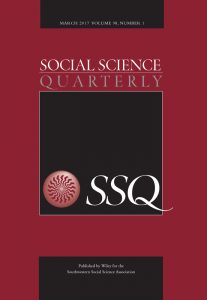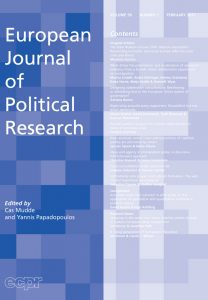The Sociology Classroom: Critical, Transformative, Radical? Part 3 of 3. Radical Pedagogy & Practice
In the first part of this series, I asked whether the sociology classroom can be a space of critical or radical pedagogy and discussed the theories behind Freirean learner-centered approaches to radical pedagogy. In my second article , I laid out some critiques of these models brought forward by scholars equally committed to critical sociology and radical analyses. Despite these critical voices though, there is certainly good reason for radical scholars to have their pedagogy reflect their intellectual commitments. Today’s...








